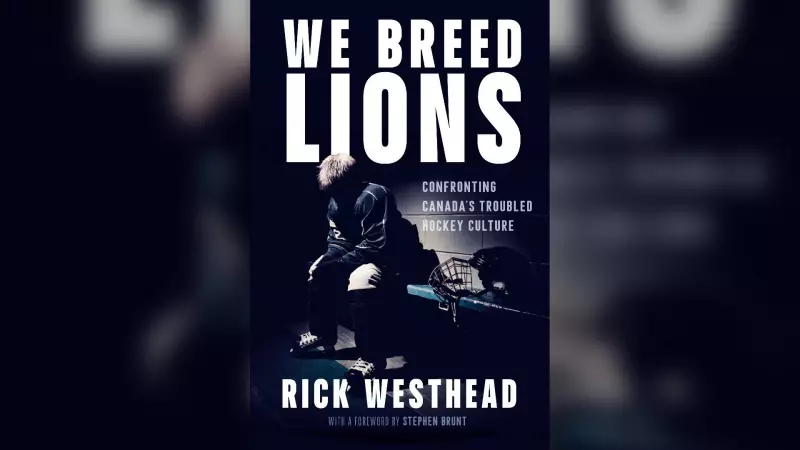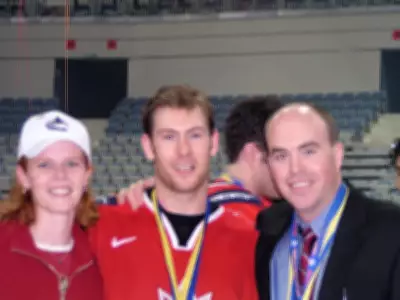
In a groundbreaking exposé that's sending shockwaves through the Canadian sports world, veteran journalist Rick Westhead has dedicated years of investigative work to uncovering the dark underbelly of hockey culture. His new book pulls back the curtain on systemic issues that have festered within the sport for decades.
The journey began with a simple question that evolved into a multi-year investigation: Why does hockey, Canada's beloved national pastime, harbor such deep-seated cultural problems? Westhead's pursuit of answers took him across the country and through countless interviews with players, coaches, and insiders who've witnessed the sport's troubling aspects firsthand.
From Sideline Reporting to Deep Investigation
Westhead's transition from sports reporter to investigative journalist wasn't accidental. While covering hockey for major networks, he noticed patterns of behavior and institutional responses that demanded deeper scrutiny. "I kept seeing the same types of stories emerge," Westhead explains, "and I realized there was a much larger story about the culture of the sport that needed to be told."
Uncovering Hockey's Troubling Truths
The book delves into multiple concerning aspects of hockey culture:
- Hazing rituals and initiation practices that have caused physical and psychological harm
- Institutional failures to address abuse and misconduct
- The code of silence that prevents victims from speaking out
- How hockey's traditional "toughness" culture enables problematic behavior
Westhead documents specific cases where young players faced traumatic experiences and the systems meant to protect them failed. His research reveals how these patterns repeat across different levels of the sport, from junior leagues to professional organizations.
A Call for Meaningful Change
Rather than simply critiquing the sport, Westhead aims to spark conversation and reform. "This isn't about attacking hockey," he emphasizes. "It's about making the sport better and safer for future generations. The people who love hockey most should be the ones demanding these changes."
The timing of the book coincides with growing public awareness about safety and accountability in sports. Westhead believes hockey stands at a crossroads, with an opportunity to address its cultural problems head-on.
Through meticulous documentation and powerful storytelling, Westhead's work serves as both a revelation and a roadmap for how Canada's favorite sport can evolve into a healthier environment for all participants.





